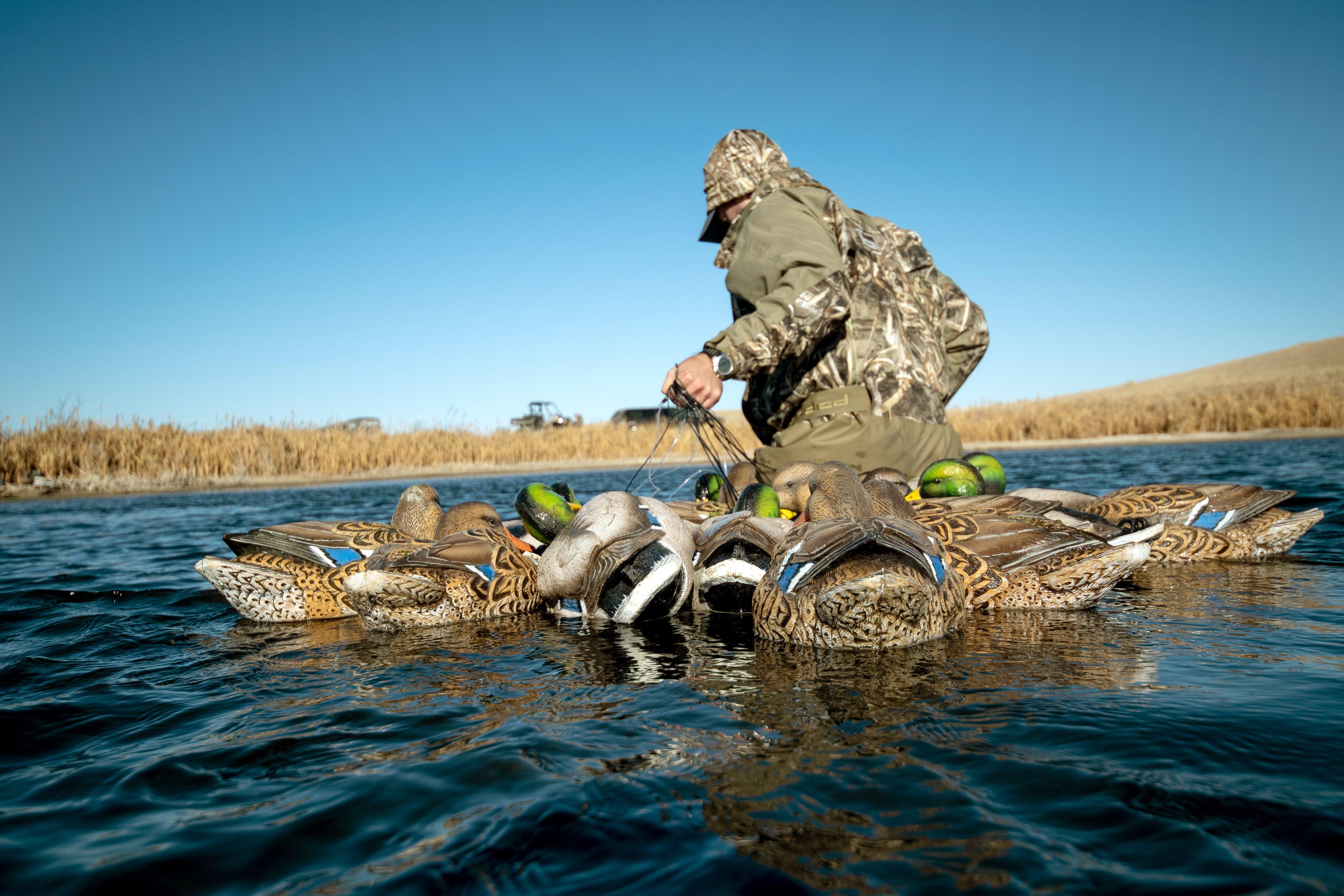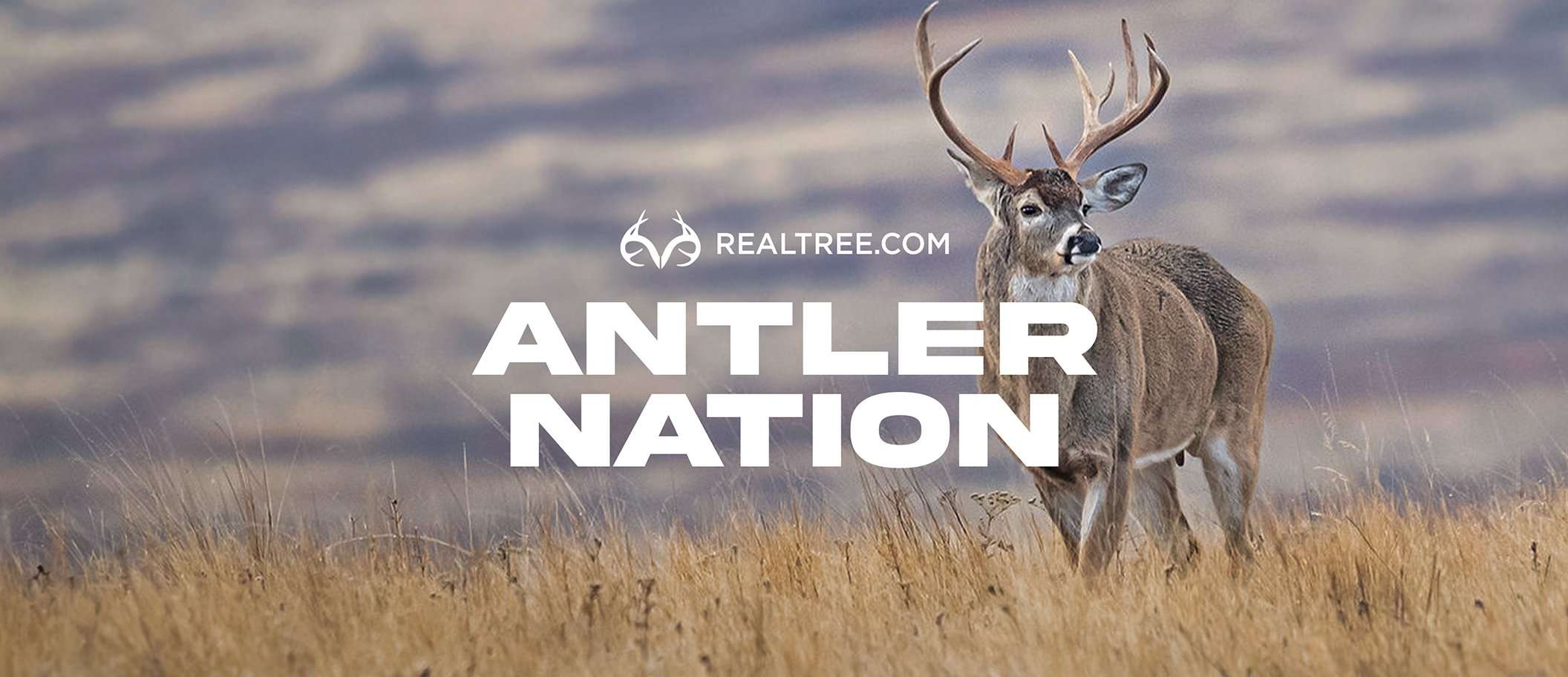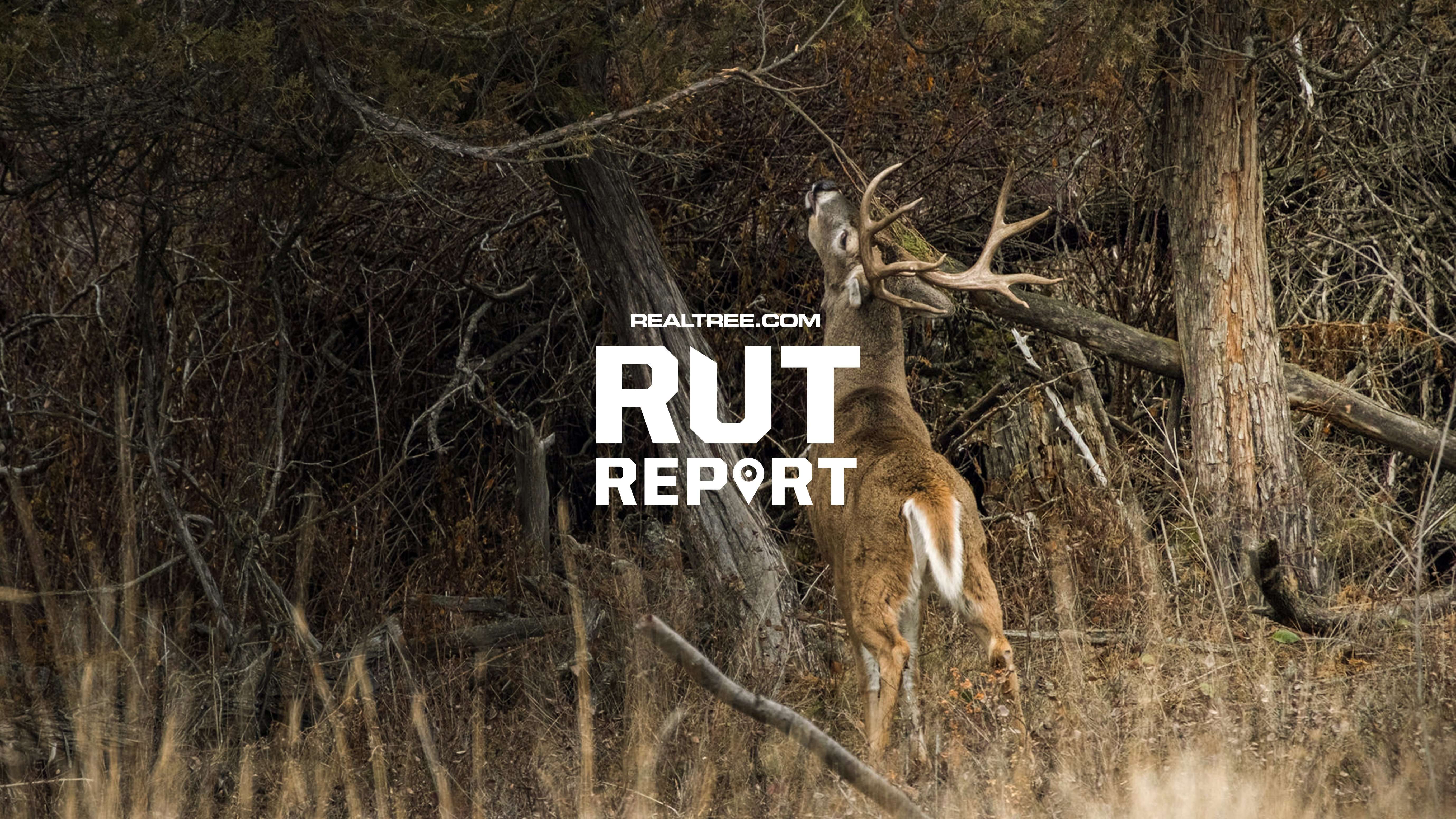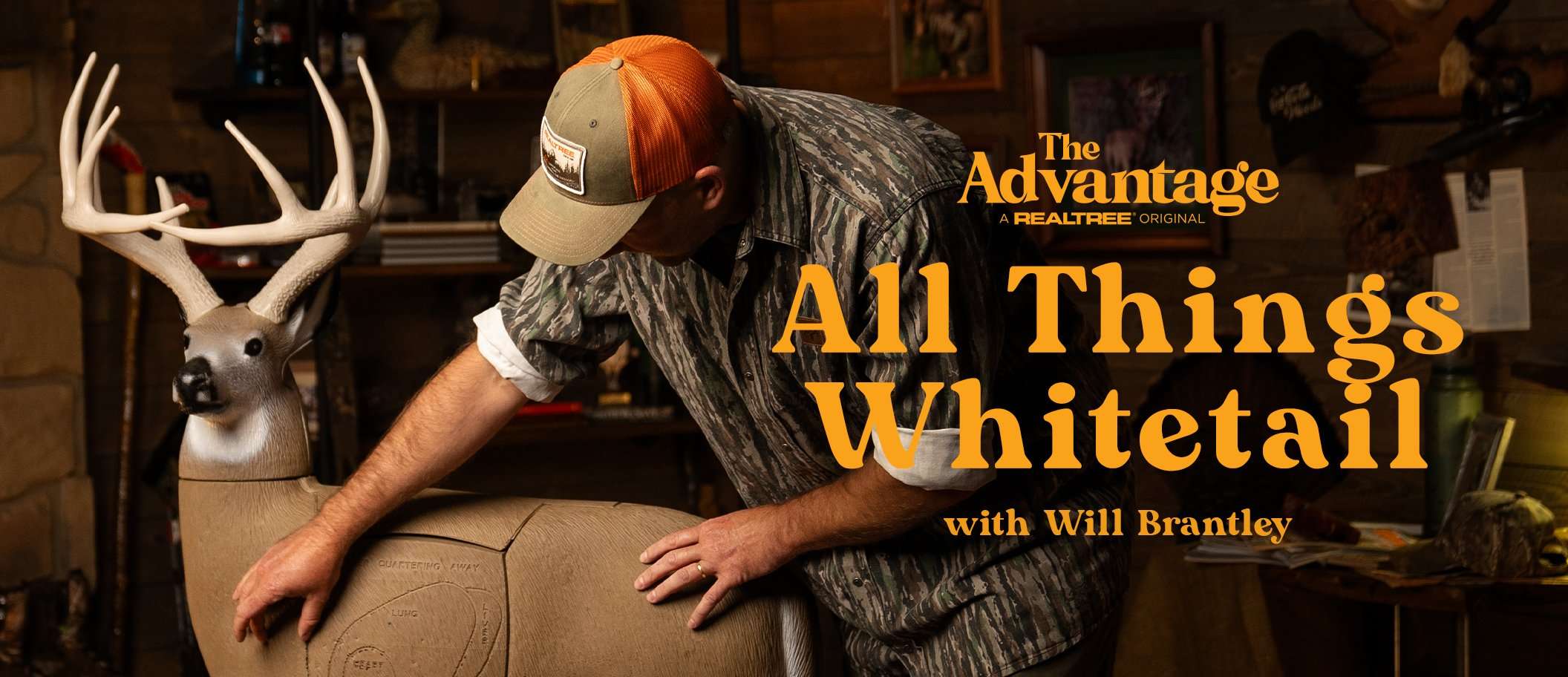No one likes to pick up decoys and lug everything to a new spot. But some days, that hassle can put you on the ducks

Setting out and bagging decoys once is a lot of work. Doing it twice can be a pain. However, that sacrifice can sometimes make the difference between success and failure. Photo by Bill Konway.
Most duck hunts require lots of work, between travel, boating, setting out and picking up decoys, working your retriever and other tasks. As a result, most waterfowlers are loathe to move when they’re set up before first light.
But sometimes, you have to move, picking up your entire spread, carrying it to a different spot, and putting it back out. Otherwise, you’ll likely be bird watching instead of hunting. This doesn’t occur every day, but it’s fairly obvious when the need arises. Consider these situations when the hard labor of moving might be worth the effort.
THE DUCKS TELL YOU
Even when you’re on what had been the X, ducks and geese might simply prefer to fly or congregate at other areas. Maybe they like another end of a cut cornfield. Perhaps they want to raft up in a big bay rather than the choice point where you saw them yesterday. And if numbers begin to build in those areas, you’re in bad shape, because every subsequent bird will dive-bomb that spot instead of your decoys.
Whatever the situation, pay close attention to the first few flocks of the day. If birds avoid your setup for another area, bite the bullet, pack up your rig, walk or drive to the hot zone, and then re-set your spread and hide. You’ll miss some hunting time and maybe even opportunities, but if you act soon enough, the end result is often worthwhile.
Don’t Miss: How Close Can You Set Up To Another Duck Hunter?
CONDITIONS CHANGE
Wind and weather might change several times during a day of duck hunting. And if the shift is sufficiently pronounced, it will change how birds act and where they want to be. This is especially true on big water.
For example, if an incoming low-pressure system changes the wind from a light westerly breeze to a stiff southeaster, you’re probably better off picking up and moving to a spot where the blow is at your back or perpendicular to your hide instead of in your face. Sure, you might put a few ducks over your blocks during awkward winds, but you’re usually better off shifting to a spot where the breeze helps instead of hinders you.
During the late season, ice can also mandate a move. Now and then, cold dawn temperatures might freeze your decoys in place in still water, making them look unnatural. If possible, find a spot where wind, current, or sunlight has kept the water open.
PRESSURE DEMANDS IT
Some days, other duck hunters might prompt a move. Scouting and pre-dawn headlamps typically tell you where other hunters have set up. But sometimes, you might not notice nearby rigs, or folks just push in close to you right before light. Obviously, close competition greatly affects your chances for success.
If nearby groups shoot at swing birds working your rig, or close shooting and calling flare flocks from your spread, it’s best to relocate to a more secluded area. You might get some dirty looks or choice words when you motor through the marsh or walk through the timber when birds are overhead, but the disturbance you cause will be brief, and you’ll probably have a better and more peaceful hunt afterward.
Don’t Miss: 10 Old-School Duck Hunting Tips That Still Really Work
THE MOVING GAME
Sometimes you can’t move, whether it’s because of other hunters, water conditions, or property or refuge lines. But when you have the option and common sense indicates you need a switch, don’t hesitate to go. It’s inconvenient but ultimately, it could save your hunt.












